China's war on trash creates market for European green enterprises
 0 Comment(s)
0 Comment(s) Print
Print E-mail Xinhua, July 14, 2019
E-mail Xinhua, July 14, 2019
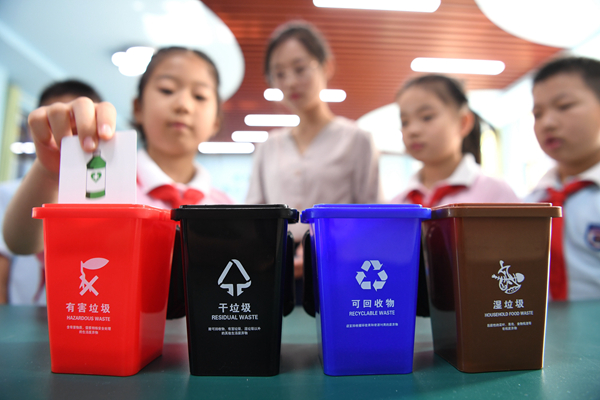
Trash separation is the talk of the town in China these days as the government unveils a list of 46 "pilot cities" to build up a garbage sorting and processing system by 2020.
Mandatory schemes on household garbage sorting have already emerged in metropolises like Shanghai in order to improve its recycling rates.
Moreover, an investment of 21.3 billion yuan (about $3.1 billion) will be allocated to speed up building the recycling system, according to the Ministry of Housing and Urban-Rural Development.
Many European enterprises, with their advanced technology and rich experience, have seen enormous markets and are eyeing a share in China's ongoing green efforts.
DRIVE TO BUILD ECO-CITIES
Germany's ALBA group has brought one of its specialities to the southern Chinese city of Jieyang in Guangdong province.
A complicated yet precise ingenuity was seen at one garbage processing plant.
After removing heavy metals, plastics, harmful waste, sand, rocks, water, step by step, recyclable substances were taken out, smashed and reshaped to fuel blocks.
"The unique technology turns household garbage into green fuel," said Chang Guang, project manager for the garbage processing plant, a joint venture of ALBA Group, Zhongde Metal Group and Guangdong Rising Assets Management Co., Ltd.
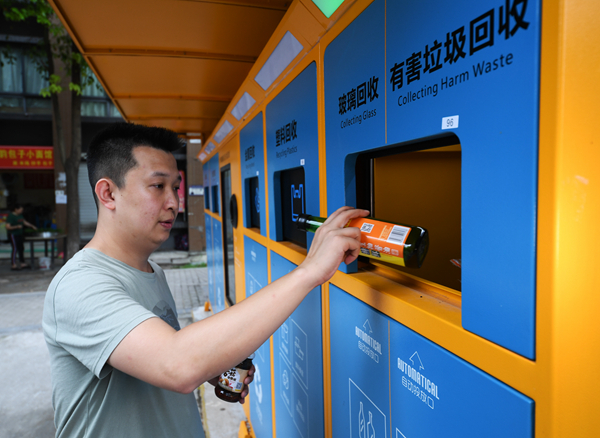
Chang said calorific value of the fuel block equals that of brown coal and can be used as alternative fuel in power or cement plants.
"It is more environmentally friendly. Compared to burning coals, our fuel block emits about 70 percent less CO2," Chang added.
The project has received support from the local government, as dealing with mountains of garbage has always been a headache for many cities including Jieyang.
The daily total volume of garbage in the mid-sized Chinese city has rocketed from 600 tons in 2005 to 1,500 tons in 2018.
The plant, which started its test run in 2018, will be capable of handling 1,000 tons of garbage per day after completing its first phase of construction and 2,000 tons after the second phase.
Pei Albrecht, head of ALBA Group's China affairs, said many other cities have already shown interest in waste recycling technologies and the market potential in the coming years are beyond imagination.
"ALBA Group was invited to work out some plans for garbage disposals in cities like Taiyuan (in northern China). They're determined to solve their problems," said Pei.
Commenting on China's trash recycling efforts, Jurijs Trosenko, a regional manager of Solid Environmental Technologies company in Finland, said China has started to tackle the problem before it becomes too critical.
He said it is good for the vast country to set an example for all developing countries.
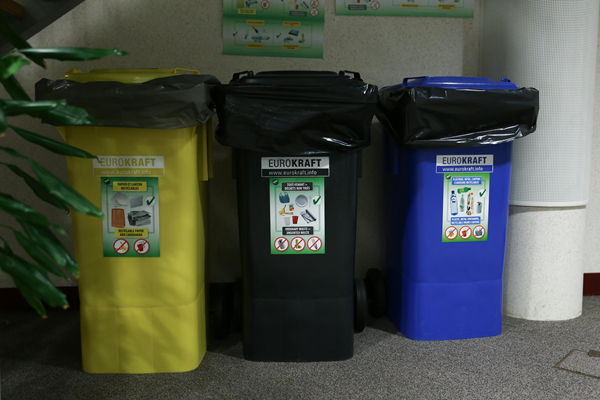
VALUABLE EUROPEAN KNOW-HOW
In Sweden, a small city called Hammerby, some 8 km south of the capital city Stockholm, has seen many Chinese delegations seeking advanced technologies in environmental protection in recent years.
Hammerby is now an eco-city model with large stretches of woods and lawns, as well as crystal clear rivers.
Some 30 years ago, the city was called a "garbage city" as it was heavily polluted with household garbages.
As part of the city's reincarnation efforts, biodegradable plastic bags were in place for garbage sorting, and vacuum underground tubes were built to send the sorted trashes to different processing centers.
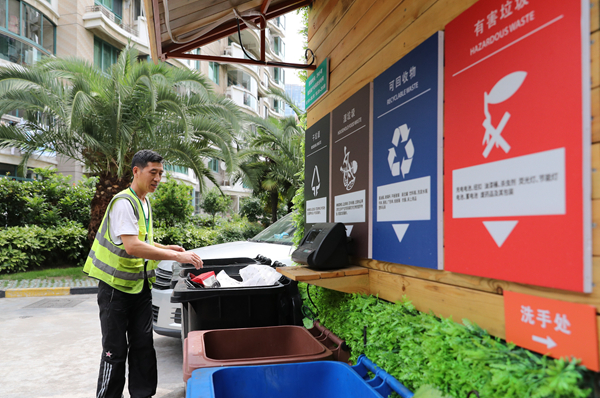
ENVAC Group, an enterprise that took part in this drive, also went to China for business opportunities.
In March, ENVAC signed a contract with the White Peak Real Estate to supply its system to a new, smart eco-community in China's eastern coastal city of Yantai.
"Sustainable development and environmental friendliness is the feature (of the eco-community). We are trying to solve a myth that urbanization level is rising but people's sense of happiness is dipping," said Jesper Jos Olsson, president of the White Peak Real Estate.
With an eye on China's green future, Chinese enterprises are investing big in relevant European businesses.
China Everbright International acquired NOVAGO Sp. Z o.o., a major Polish waste management firm, in 2016.
Established in 1992, NOVAGO is said to be the largest independent waste treatment company in Poland.
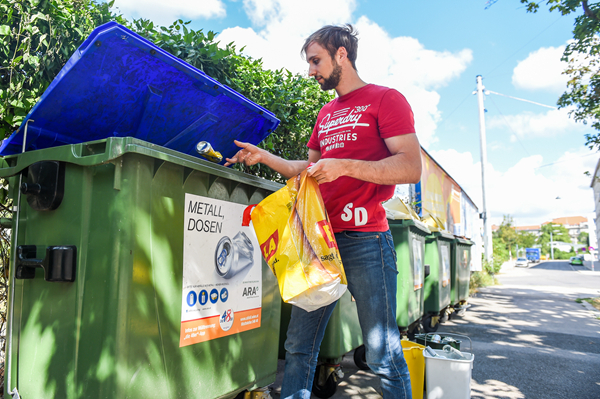
NOVAGO's advanced waste-to-energy technologies, turning organic waste to methane and combustible waste to alternative fuel, are highly valued for the Chinese market.
The method will contribute to lessening dependence on traditional fossil fuels and help reduce the most harmful emissions, such as particulates, sulphur and ash, serving the crucial and ultimate goal of protecting the environment.






Go to Forum >>0 Comment(s)